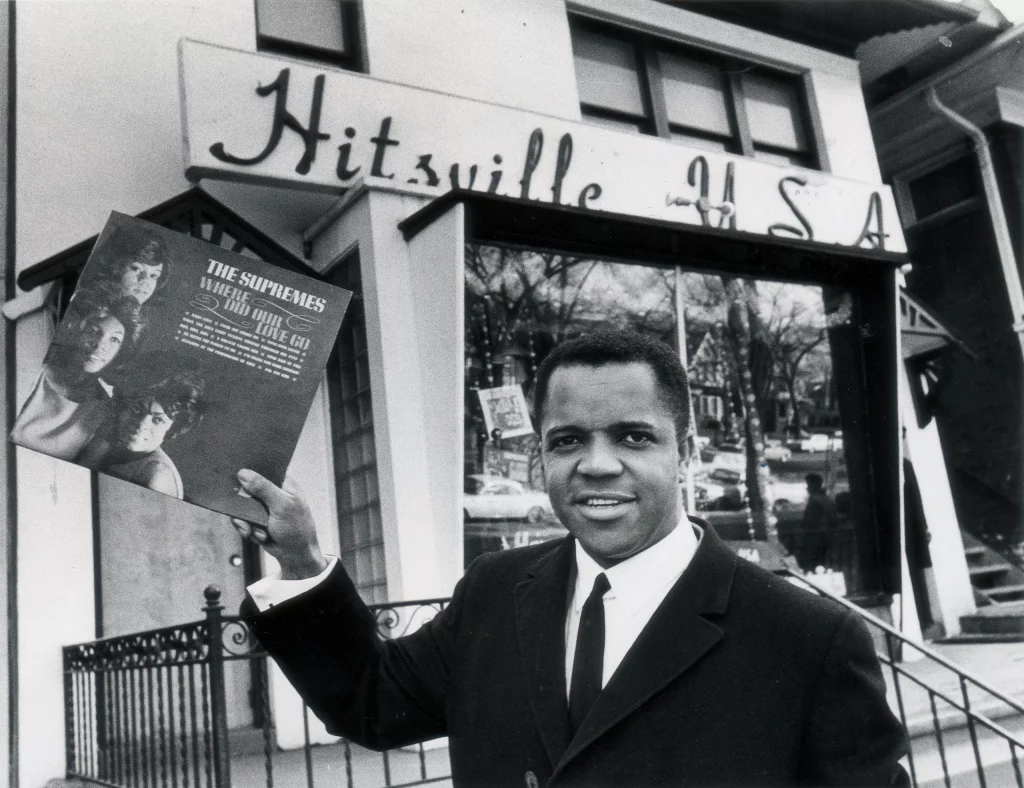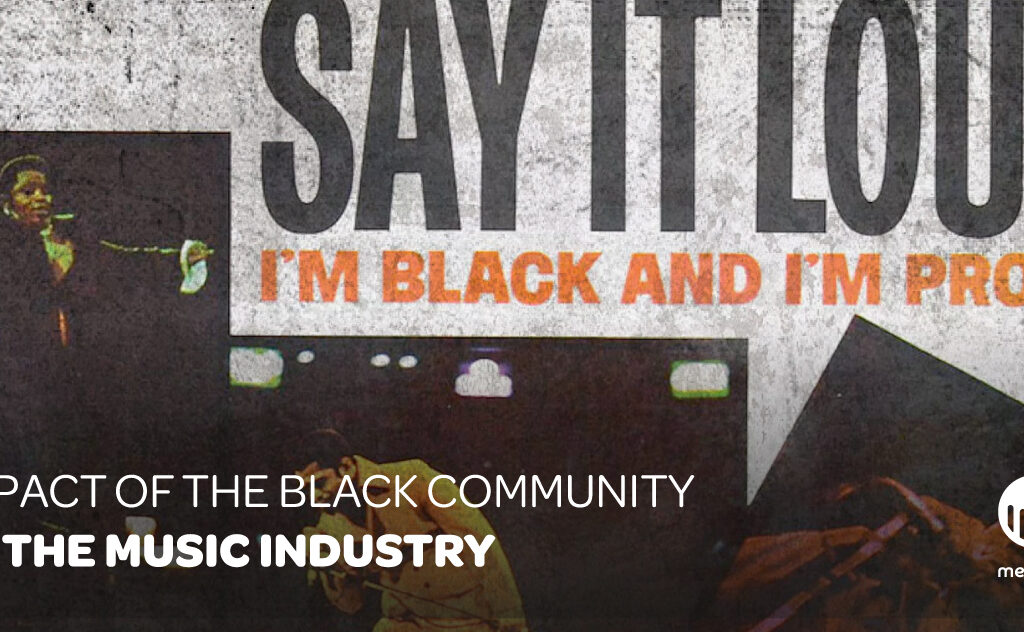The music industry has been shaped throughout time by many influences, including the contributions of the black community.
In Melboss Music we celebrate the music industry as a safe place for expression and community. For this exact reason, we will honor Black History Month with a trip down memory lane to commemorate some examples of its legacy in the industry. But, what is Black History Month?
Black History Month is an annual observance in February that celebrates the achievements and contributions of Black people throughout history. The celebration began as “Negro History Week” in 1926 and was expanded to a month-long observance in 1976. Black History Month is an opportunity to honor the resilience and cultural richness of Black communities, and to continue the work of dismantling systemic racism.
Now, let’s dig deep into the immeasurable impact of the black community in the music industry. But first, don’t forget to check out our playlist to set you in the mood!
“Unleashing the beat”: The black community in the creation of music
From the early days of blues and jazz to the rise of hip-hop and R&B, black musicians and artists have played a crucial role in shaping the sound and culture of the music industry, inspiring countless artists, genres, and musical movements.
Black music has been symbolized as one of the benchmarks that have pushed the boundaries of musical expression, shaping popular music and trends for centuries. Black musicians have always been at the forefront of innovation, experimenting with new sounds, rhythms, and instruments. They have developed unique styles and techniques, blending different genres and traditions to create a rich and diverse musical landscape.
For instance, the blues is one of the earliest significant impacts in the music industry. The blues emerged in the Deep South in the late 19th century, and it was a genre that was steeped in the experiences of Black people. The music reflected the struggles and hardships of their lives, and it provided a means of expression and release. The blues quickly spread throughout the country, with a success of historical artists, such as Etta James, Sam Cooke or B.B King. It has also become the foundation for many other genres, including rock and roll.
Another example is Rock and Roll, another genre that was heavily influenced by the black community. The genre surfaced in the 1950s, as a result of a fusion of several different styles, including blues, gospel, and country. Black artists played a crucial role in the development of rock and roll, with musicians such as Chuck Berry and Little Richard creating some of the most iconic songs of the era that would shape the sound of rock and roll and pave the way for future generations of artists.
In the 1960s, soul music became one of the dominant genres in the music industry. Soul music was rooted in African American culture and was known for its emotional intensity and gospel-inspired vocals. Artists like Aretha Franklin and Otis Redding became household names, and their music had a profound impact on the culture of the time.
Another example of its pioneering influence in the genre was the emergence of funk in the 1970s. Funk was characterized by its heavy basslines, intricate rhythms, and use of horns and other instruments. The genre was pioneered by artists like James Brown and George Clinton, and it went on to influence a wide range of other genres, including hip-hop.
Moreover, Hip hop is perhaps the most significant genre of music to emerge from the Black community. The genre was born in the Bronx in the late 1970s and was initially a form of street poetry set to a beat. Hip-hop quickly evolved, and it became a powerful cultural force, with artists like Run-DMC, Public Enemy, and N.W.A. speaking out about issues like systemic racism and police brutality. Hip-hop has continued to evolve and has become one of the dominant genres in the music industry today.
Last but not least, the black community is nowadays in the forefront of Pop, R&B and mainstream culture. Artists like Rihanna, SZA, or The Weeknd, fill our days with classic and new hits that will never get old.

All these genres have their roots in the experiences and traditions of the black community, becoming cultural touchstones, and successfully achieving embracement by people of all races and backgrounds.
The rhythm of innovation: Black community in the music business
The black community has also had a significant impact on the business side of the music industry. Many of the earliest record labels were founded by black entrepreneurs, including Motown Records, Stax Records, and Def Jam Recordings. Not only have these labels helped to shape the sound of the industry and paved the way for black artists to increase their outreach and sales in a business that has historically been dominated by white executives and companies but have also depicted one of the many footprints in the framing of music practices.
For example, music and the use of record clubs and direct mail marketing were also pioneered by black-owned labels, which allowed them to reach audiences that were not served by traditional distribution channels.

Furthermore, it has also played a key role in Marketing and Promotion. From radio DJs and record producers to concert promoters and music journalists, black professionals have helped to bring black music to a broader audience, highlighting the use of black music and imagery in marketing campaigns and advertising due to its influence on youth culture and trends. They have also been at the forefront of innovative marketing and promotional techniques, such as street teams, guerrilla marketing, and social media campaigns. The influence of black music on youth culture and trends has also been significant, with many marketing campaigns and advertisements using black music and imagery to appeal to younger audiences.
Regarding music production, black music labels have pioneered the development of production strategies, techniques, and technologies, such as sample-based production, layering, remixing, collaboration, and the use of drum machines, synthesizers, and digital audio workstations.

Ultimately, the black community has an undeniable and profound influence on the music industry. From the development of influential genres to the fight for social justice and the business of music, the contributions of black professionals, musicians, and artists have helped to shape the sound and culture of the industry. As the industry continues to evolve, it is important to recognize and celebrate the black community’s contributions and work towards a more equitable and inclusive future.
What artists and songs have come to mind while reading the article? Let us know in the comment section below and keep up with the most interesting up-to-date facts about the music industry with our weekly posts!

